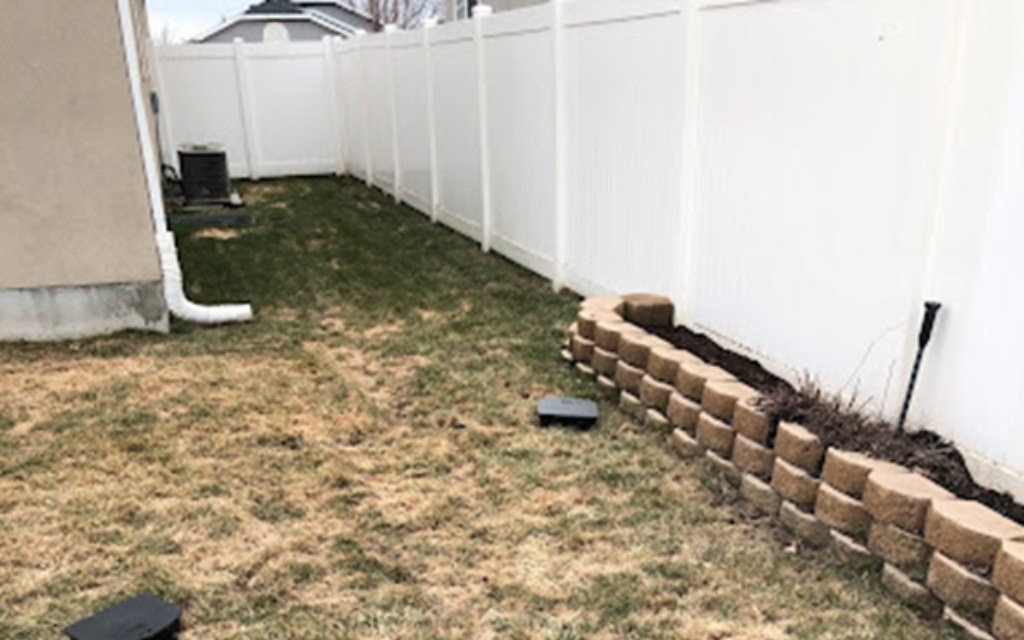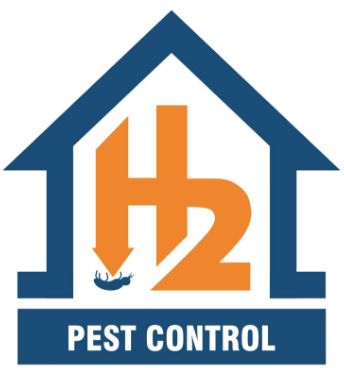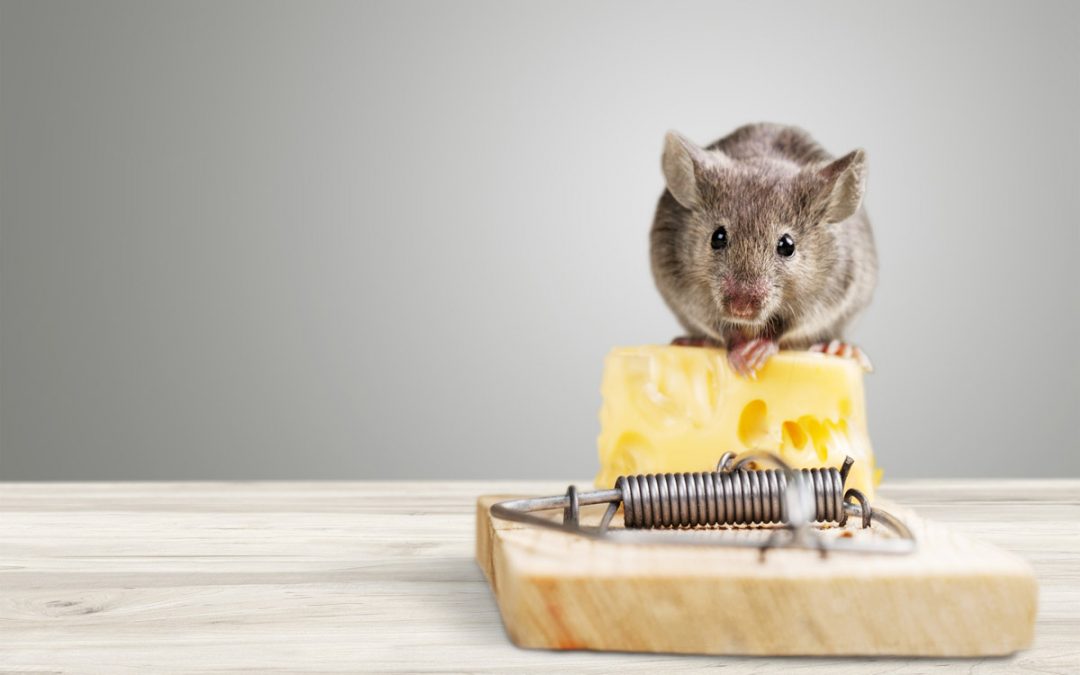Mice have a knack for finding their way into our homes, causing damage, spreading disease, and generally making life unpleasant. But how do we effectively combat these intruders?
A crucial first step is understanding their dietary habits.
Understanding what mice eat is crucial to preventing infestations and property damage. By knowing their food preferences, we can take steps to deprive them of sustenance, making our homes less attractive to these unwanted guests.
What Do Mice Eat?
Mice are adaptable creatures with diverse dietary habits. They are omnivores, meaning they consume both plant and animal matter.
This flexibility allows them to thrive in various environments, including human homes. In search of sustenance, mice will consume almost anything they can access.
Within and around homes, mice find a plentiful food supply. They are particularly drawn to kitchen areas where they can find a variety of tempting treats.
Common food sources include cereals, pasta, and bread. With a sweet tooth, mice are also attracted to sugary items such as chocolate and fruits. Additionally, they are not averse to protein, and may consume meat scraps or pet food left unattended.
In their quest for food, these resourceful rodents may even chew through packaging to access food. Mice are not picky eaters and will resort to consuming less desirable items like garbage, paper, or even soap when food is scarce.

What Do Mice Like to Eat the Most?
Mice have a preference for foods that provide them with quick energy to fuel their active lifestyles. High-energy foods are particularly appealing, as they allow mice to quickly replenish their energy stores for foraging, breeding, and evading predators.
As a result, mice are particularly fond of seeds, nuts, and grains. These food items are packed with calories and easily digestible, making them ideal for a mouse’s rapid metabolism. By understanding these preferences, homeowners can take steps to eliminate these attractive food sources from their living spaces, to reduce the likelihood of a mouse infestation.
What Keeps Mice Away?
To effectively deter mice, a multi-faceted approach is necessary.
First, eliminating their food sources is crucial. Proper storage of food items in airtight containers and diligent cleaning up of spills are essential.
Secondly, denying mice access to water is equally important. Fixing leaks, drying standing water, and ensuring pet water bowls are elevated can significantly reduce their attraction to your home.
Additionally, removing their shelter and nesting sites by sealing cracks and crevices around your home’s exterior will make it less inviting. To further discourage mice, consider using deterrents.
Natural repellents like peppermint oil, cayenne pepper, or white vinegar can be used strategically. Commercial repellents are also available, but it’s essential to choose products that are safe for humans, pets, and the environment.
By combining these strategies, homeowners can create an environment that is less appealing to mice and reduce the likelihood of an infestation.
In summary – follow these guidelines to keep mice away.
- Deny access: seal entry points
- Eliminate food sources: proper storage, clean up spills
- Remove water sources: fix leaks, dry standing water
- Deterrents: natural repellents, commercial products
How to Get Rid of Mice
If you’ve already have a mouse infestation, there are several effective methods to eliminate them. For severe infestations, it’s advisable to consult with professional pest control services. H2 has the expertise and tools to handle infestations efficiently and safely.
“We’ve been using H2 for about two years now. While neighbors have had trouble with mice/bugs (we live in new construction with a field behind the house, so it’s an expected issue), we’ve never had any infestations or issues.”
-Patrick R.
“We absolutely love H2 Pest Control! First of all, their monthly fee is super affordable, and it's only a monthly contract, so you can cancel at any time. We have never canceled even for a month. They come out once a month standard to spray, but if you need them more they will come back and each time, ours has been covered under our monthly fee. Their products are super safe, we have 2 little dogs and a toddler. They are always aware of our situation and provide solutions for everyone. They have helped us with mice in the garage, gophers, and ants and spiders etc. If you are looking for a pest control company, go with H2 Pest Control, you will not be disappointed."
-Josh and Kalisa E.

A more DIY approach involves using traps. Humane traps can be a valuable tool for capturing and releasing mice outside your property.
However, it’s crucial to place them strategically near areas where mice are frequently seen. Remember to dispose of captured mice far from your home to prevent them from returning.
Ultimately, the most effective way to deal with mice is through prevention. By diligently following the steps outlined above, such as eliminating food sources, removing water access, and sealing entry points, you can significantly reduce the likelihood of future infestations. Regular inspections and ongoing maintenance are key to preventing mice from reentering your home.
FAQs for “Mice: What They Eat and How to Keep Them Out”
For questions to common mice problems in Utah, contact H2 Pest Control or see the following links as resources:”
"My family has been an H2 customer for about 6 months. We built a home in Saratoga Springs, in an area that has a lot of insects and spiders. After seeing a few spiders in the house, we decided to use their services. They were prompt to respond, and very professional. I have not seen any spiders in our house since that time. We have called them for a few other issues (mice and may flies) and they always come right out and help. The staff are very friendly, very helpful and very professional. They never seem bothered by us calling and always ask us to call if something else is needed. They seem to value their customers very much, and they strive to provide a great product. I would highly recommend them based on my experiences."
-Brett H.
“These guys are seriously the best! We’ve worked with them since 2017 in our townhome in Eagle Mountain to now when we moved to Sandy! They just came to treat our new home and I feel so much better knowing we’re covered again!
We never saw any bugs at the last place, and two days after we told them we were worried about mice at the townhome, they were there taking care of it.
Amazing customer service and always very thorough!”
-Sierra M.



